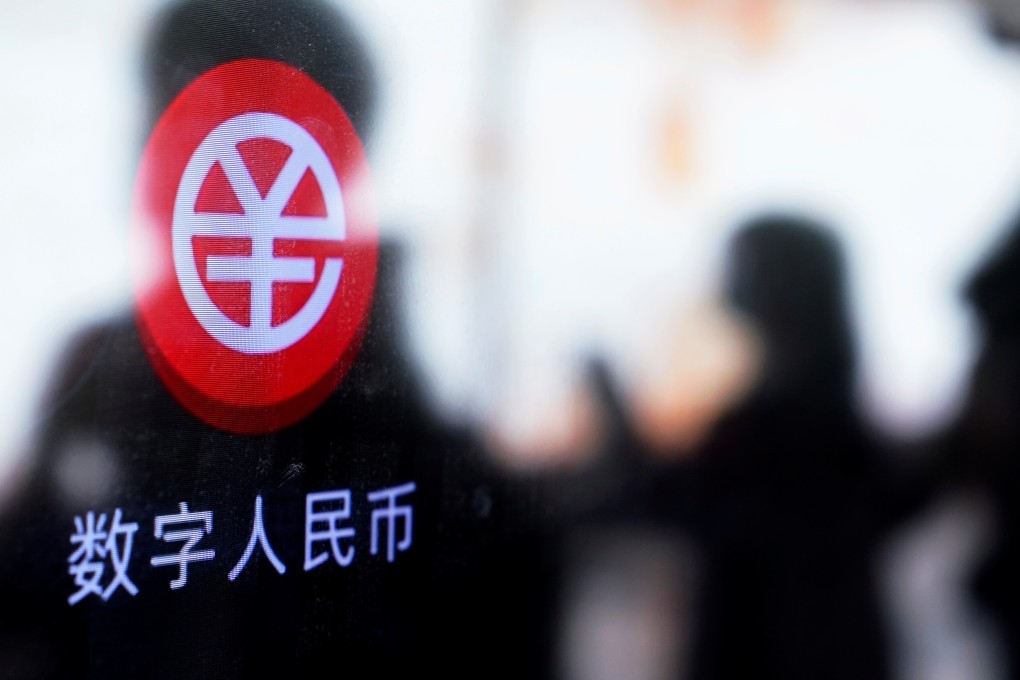Advertisement
China digital currency: could backing bitcoin as an investment help promote its sovereign digital currency?
- Chinese officials have endorsed the use of cryptocurrencies as investments but not as mediums of exchange, due to fear of stoking financial instability
- However, financial authorities appear eager to use cryptocurrency research and blockchain technology for development of the sovereign digital yuan
Reading Time:4 minutes
Why you can trust SCMP
7

China is keen on using evolving blockchain technology that underpins cryptocurrencies to help build its digital economy and quicken adoption of its sovereign digital currency, analysts say, while avoiding the risks that decentralised virtual networks pose to the financial system.
Chinese policymakers have recently ruled out cryptocurrencies as mediums of exchange but tacitly supported them as investment vehicles – as long as they serve the real economy and are not purely speculative.
Growing mainstream acceptance of cryptocurrencies for investment may even boost interest in China’s fintech landscape, including its sovereign digital currency, the so-called Digital Currency Electronic Payment (DCEP), analysts said.
Advertisement
China prohibits cryptocurrency fundraising and trading platforms out of fear of stoking financial instability. But citizens are not banned from holding them, with bitcoin mining permitted and thriving in the country.
Officials in Beijing also appear eager to leverage cryptocurrency research and adopt elements of the underlying blockchain technology for DCEP, analysts said.
Advertisement
Advertisement
Select Voice
Choose your listening speed
Get through articles 2x faster
1.25x
250 WPM
Slow
Average
Fast
1.25x